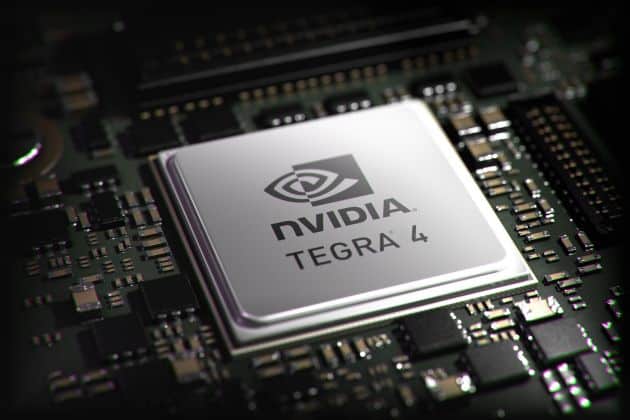Chip developer Qualcomm has expressed its concerns to various regulators worldwide about the consequences of a possible takeover of Arm by Nvidia. Qualcomm is said to be afraid of reduced accessibility of the Arm technology.
CNBC writes this based on sources familiar with the matter. According to the sources, Qualcomm has contacted the American Federal Trade Commission, the European Commission, the British Competition and Markets Authority, and the Chinese State Administration for Market Regulation.
CNBC’s sources go on to say that the Federal Trade Commission is now in a ‘second phase’ of its investigation into the proposed takeover. The government body has asked Nvidia, Arm and Arm parent company SoftBank for more information, but this is likely to take months. This is because extensive documents need to be produced. During this second phase, the FTC will contact other companies that may also be able to contribute relevant information, according to sources.
CNBC has asked all the parties mentioned for comments, but they either declined to answer or did not respond at all. Only Nvidia responded that the company is convinced that the regulators will see the benefits of the acquisition.
Related: Why the acquisition of ARM by Nvidia should be prohibited
Fear of reduced availability of Arm licences
According to the sources, Qualcomm is mainly concerned that Nvidia will eventually be less open in handing out Arm licences. The company thinks that Nvidia will not be able to take advantage of the acquisition without crossing certain boundaries.
With crossing the boundaries, the source refers to reducing the availability of Arm licenses to third parties. Arm has always been very open with selling licenses for its technologies and now the world has become highly dependent on the processor architecture. Almost all smartphones run on Arm processors and in the computer world there is also a clear movement away from x86 processors and towards Arm.
Nvidia probably wants to capitalise on the latter trend by making its own processors for computers. The company has been building video cards for computers and other devices for decades, but because it cannot get an x86 licence, it cannot create a counterpart to the processors from Intel and AMD. By cooperating with Arm on faster Arm processors, the switch to Arm may accelerate significantly.
However, other parties fear that this cooperation will be at the expense of the free availability of Arm licences for other parties. It is possible that Nvidia would have earlier access to information about new developments or would have to pay less for the use of the Arm licences. Nvidia, however, insists that these fears are unfounded.
Tip: Why the acquisition of ARM by Nvidia should be prohibited
